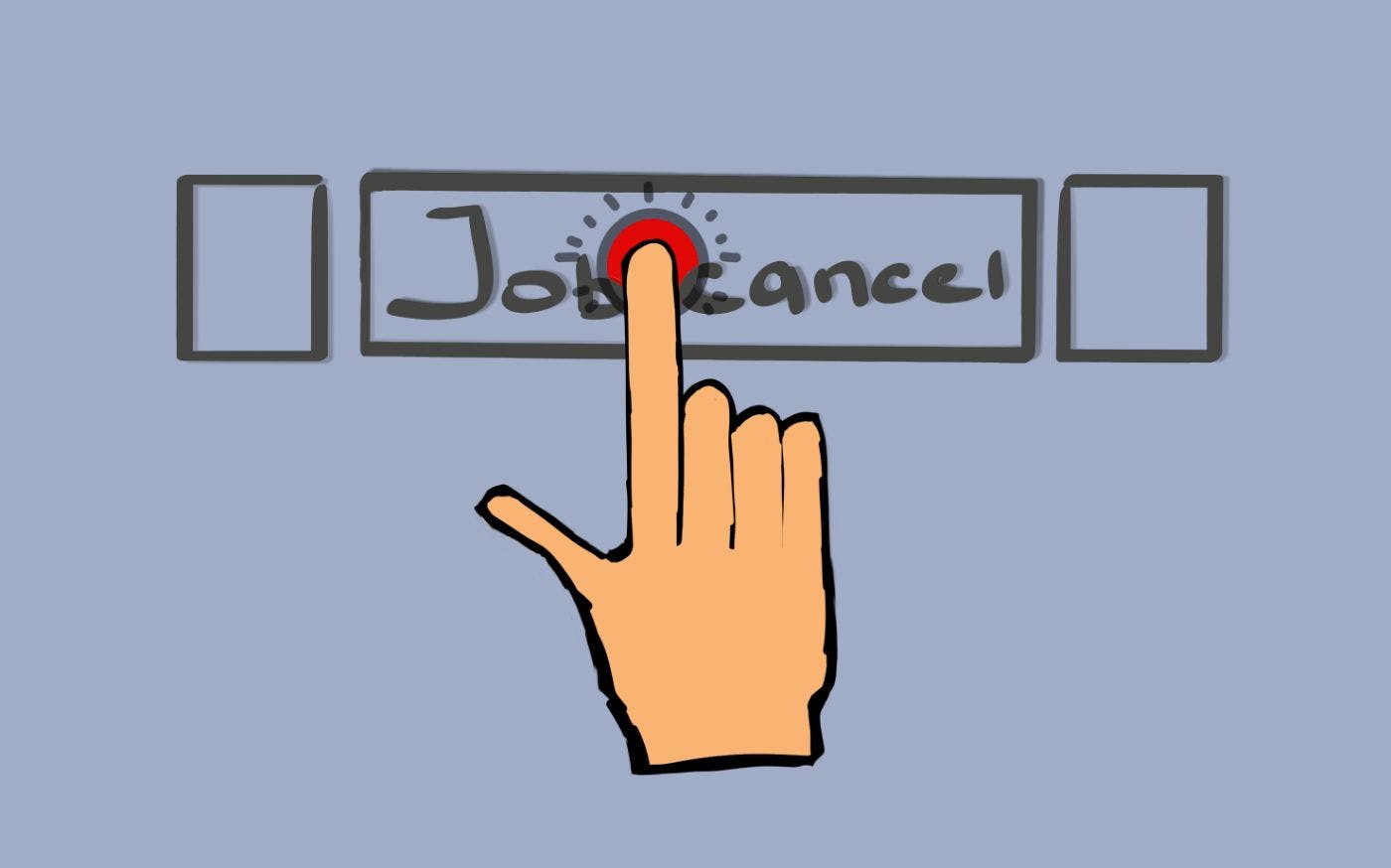1,492 reads
Cancelling Coroutines in Kotlin
by
June 24th, 2022
Audio Presented by

I'm 5+ years of experience in building Mobile apps developer, I have worked on Android, and iOS projects
About Author
I'm 5+ years of experience in building Mobile apps developer, I have worked on Android, and iOS projects
